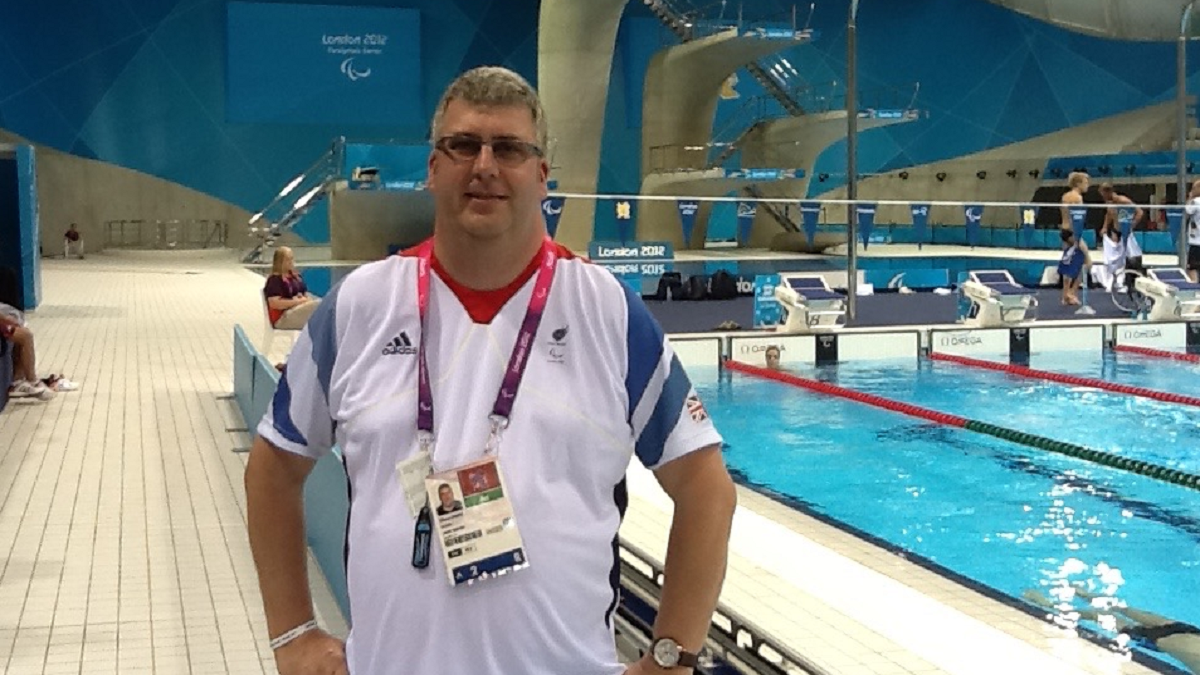
Swimming coach Glenn Smith opens up about mental health struggles
June 9, 2021As part of UK Coaching Week’s ‘Shining a light on building mental health awareness’ theme, Nova Centurion Swimming Club coach Glenn Smith has opened up about his mental health struggles.
As coaches do we look after ourselves?
In 1996, I was a young 30-year-old coach starting on a ladder of a coaching career.
I was fortune enough to secure a full-time post with Nova Centurion Swimming Club and Mansfield District Council, after serving my apprenticeship voluntary coaching at my local club and trying to hold down a day job like most of our UK coaches do at grassroots level.
Having passed my ASA coaching certificates, I was also fortunate to have Bill Furniss as a mentor, who today I still consider to be one of Britain’s foremost authority on swimming coaching and coaching in general.
As a young coach, I thought little about my own mental health, although I’d blocked out having a breakdown in my mid-teens.
As I look back now, this probably stemmed back to losing my farther in a mining accident in 1969. Albeit I was a baby at the time, I had to grow up without that father figure which did probably affect me.
I’ve taken pride in my achievements since 1996 – talent identifying, coaching Rebecca Adlington in her early years and placing swimmers on World Class Programmes and teams.
I’ve had medallists at National and Regional Championships, and coached Callum Lawson, Sam Hynd, Ollie Hynd MBE and Charlotte Henshaw to become Paralympians and medallists.
I’ve also been on international teams, named British Swimming Coaches Association (BSCA) Para Coach of the Year twice, British Swimming Para Coach of the Year, and was honoured with the ‘Freedom of Mansfield’ in 2016.
But have I really looked after myself?
That’s the question and to be honest I haven’t.
It’s only now in recent months that I’ve come to accept it.
One person who always noticed this was my wife Karen, but I was not aware enough to listen.
Some of the things I’m not proud of
Not taking my entitled leave allocation.
Taking calls at unearthly hours and trying to deal with situations immediately.
Never allowing myself time to reflect on what’s been achieved.
Saying yes too often.
Pushing myself onto the next goal without even thinking about what’s just occurred.
Also, when I did eventually get away for a break, I’d take calls, write sets, solve issues and not trust others to sort them and not relax – therefore creating more anxiety.
To cap it all off, after the Rio Paralympics, I was diagnosed with Type 2 diabetes and was told it was a symptom of stress, as well as poor diet, etc.
I’ve mentioned about moving onto the next goal too quickly. This is called ‘Destination Syndrome’. I never took the time to reflect and give myself time before moving onto the next goal. This is a lesson I had to learn, and maybe for all coaches to learn.
All this came to a head recently when my mental health did hit a low – and seeking professional help was the best thing I did.
Thankfully, I’m coming out the other side now but there are simple things that I’m now realising I should have done, that I now need to put in place.
Don’t say yes too often, take regular breaks, don’t do work when you’re on leave, have boundaries that you won’t compromise on and have regular conversations with friends, loved ones and colleagues.
As a coach who has always gone the extra mile to help people succeed, I’m still wired into that philosophy but, at the end of the day, it’s your life, your mental health.
I’m now so glad that governing bodies of all sports are putting procedures in place to assist and help athletes and coaches.
I still love my job and love helping young people reach their goals – but not at the expense of me.
For more top tips on looking after your physical and mental health, click here.
 Swim England Competitive Swimming Hub
Swim England Competitive Swimming Hub



